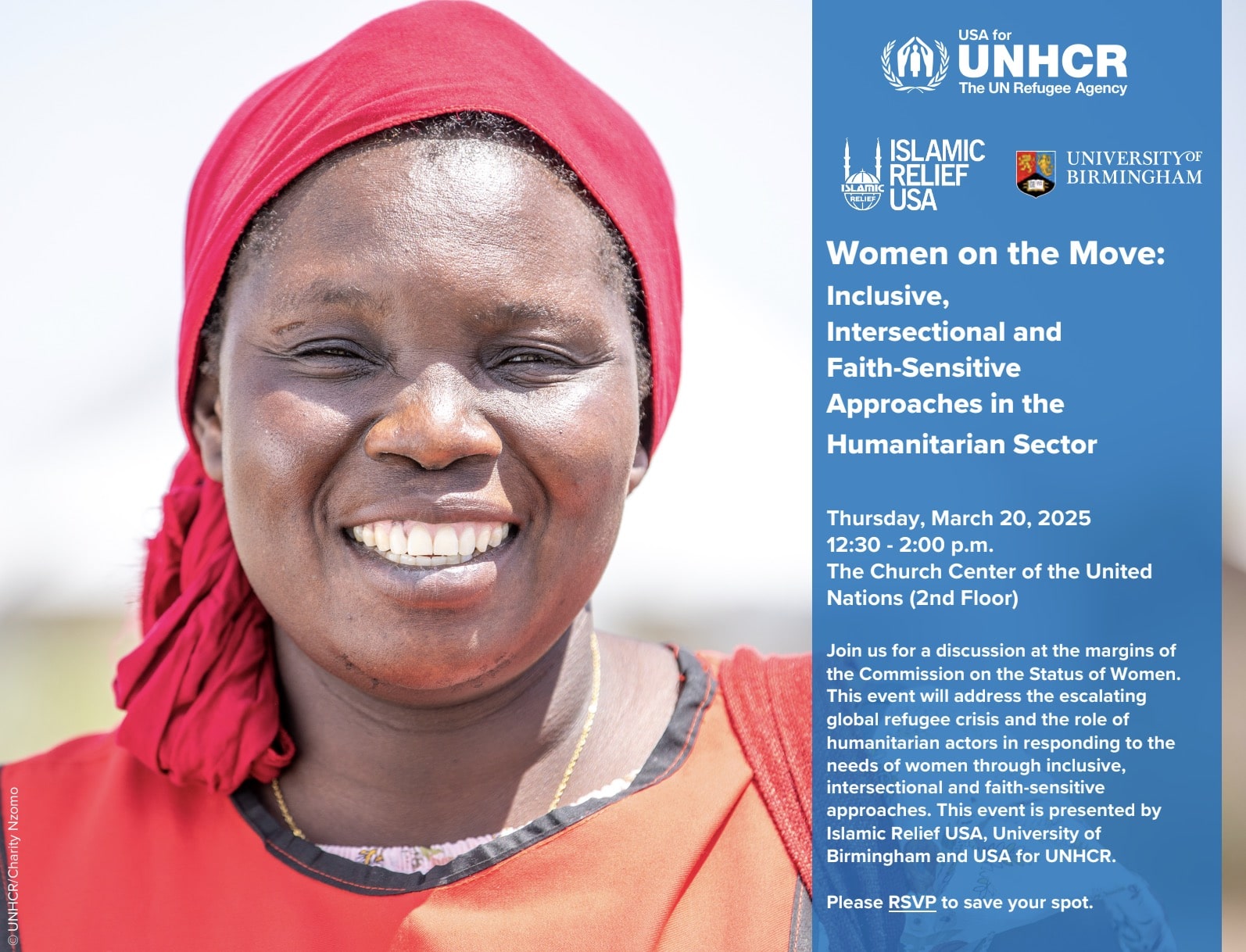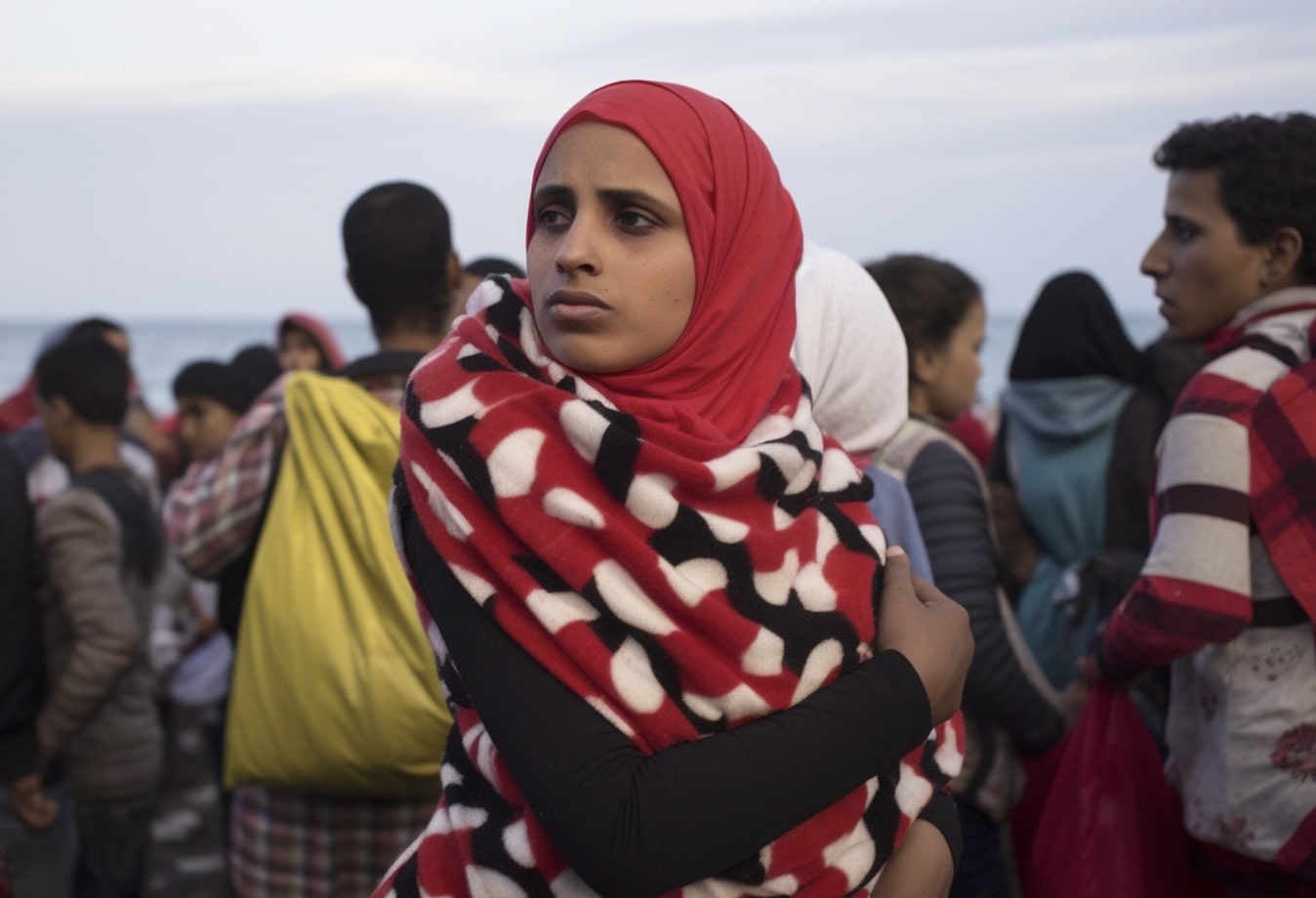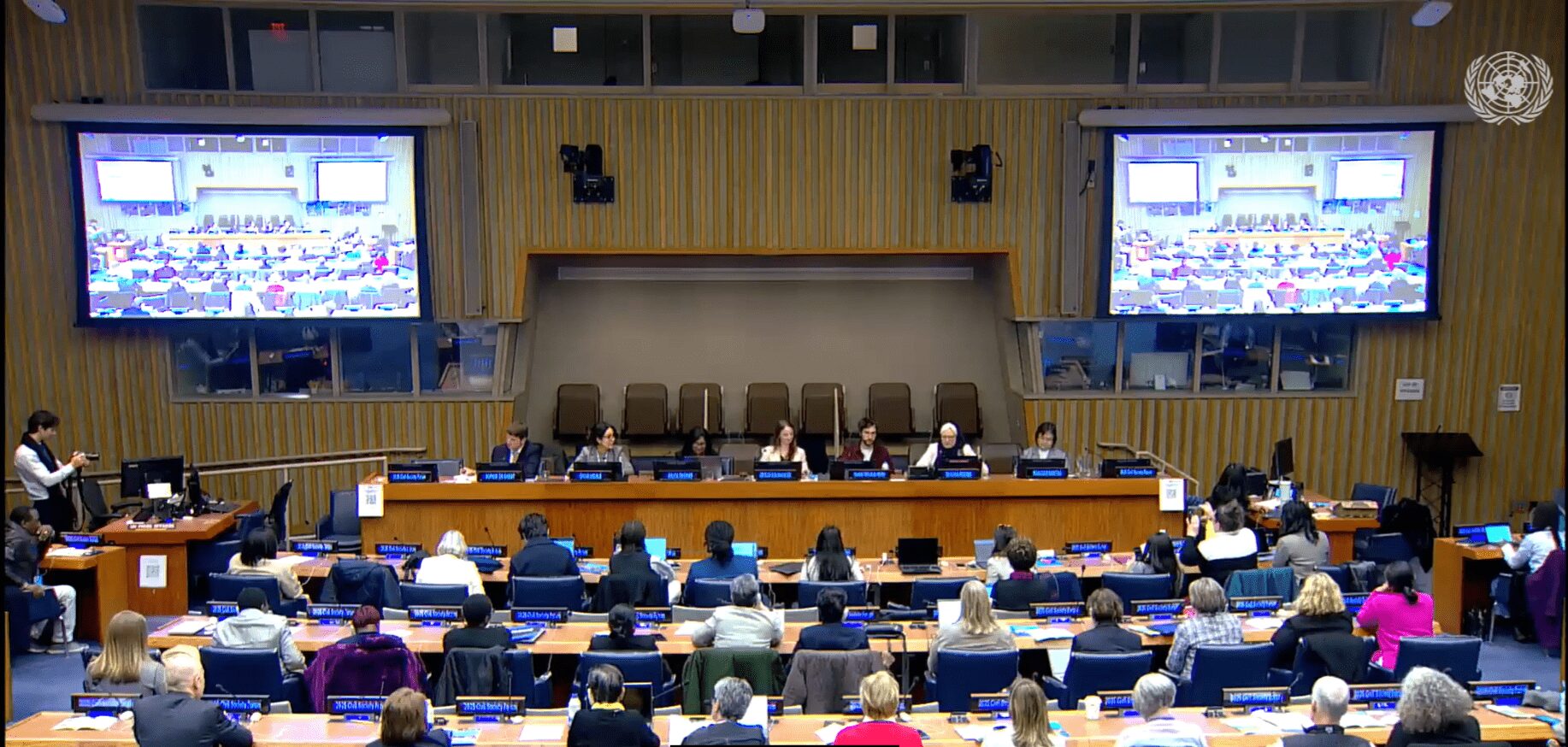
6 March 2025
Concept Note
The number of conflict- and climate-induced displaced people has reached unprecedented levels, with the majority generated by and hosted in OIC-majority countries. UNHCR reports that there are over 122 million displaced people globally, and women represent a significant demographic within this figure. Displaced women face a range of gender-specific vulnerabilities during armed conflict and forced migration. This includes a continuum of violence, exploitation, discrimination and exclusion due to multiple socio-economic causes, including loss of social connections, family and finance, poor mental health and lack of language skills. Despite this, displaced women are often portrayed as a homogenised group—vulnerable, dependent, and victimised. This overlooks the intersectional needs of women, who oftentimes have experiences framed by gender, age, race, and religion, often compounded by patriarchal, xenophobic, and homophobic structures.
In recognition of the diverse challenges and specific needs faced by women, mainstream and faith-based humanitarian actors have in recent years worked to rectify responses for gender-specific needs through redefining gender-based approaches. Inclusive, intersectional and faith-sensitive approaches to displacement are increasingly deployed to avoid homogenising displaced populations and to address the nuanced realities faced by diverse groups of displaced women on the move. This includes appreciation and understanding for the diverse experiences of women on the move and addressing their complex and diverse needs, such as religious attire, dietary requirements (e.g. halal, kosher), women’s safe spaces, gender segregation in shelters, access to spiritual care and prayer spaces and female humanitarian personnel. Applying an inclusive, intersectional approach to displacement has the potential to support women on the move in more effective ways, yet limited evidence base exists of how different organisations apply such approaches in practice to account for diverse displaced women’s needs.
Faith-Based Organizations (FBOs) have been delivering aid for centuries, often as the first- line service providers in crisis situations across sectors, including education, health services, emergency shelter, protection spaces, psychosocial support, spiritual care, counselling and livelihoods. FBOs, for example, provide safe spaces for refugee women and children that combine psychosocial and pastoral care that help women to strengthen their coping capacities and recover. They are also well situated to recognise the holistic nature of ‘basic needs’, including the spiritual dimension. FBOs can collectively organise for coordinated humanitarian assistance and facilitate local integration, tackling xenophobia and racism. Furthermore, FBOs have power to mobilise resources and fundraise for charitable causes.
In many faith traditions, charitable giving and in-kind donations are prescribed as means of wealth redistribution. Trends indicate women lead the way in philanthropic giving. One example is within Islamic philanthropy. For centuries, significant contributions to humanitarian crises have come from faith-based instruments, such as Islamic zakat (obligatory charity tenet of 2.5 per cent of annual personal wealth for those who can afford it, estimated to amount US$1 trillion worldwide), the Jewish tzadekeh (charitable giving aimed to empower those less fortunate), and the concept of charity across Christian faiths.
Objectives of the event are to:
- Identify how inclusive, intersectional and faith-sensitive approaches to women on the move look like by sharing good practices from various organisations responding to the intersectional needs of diverse groups of women on the move
- Highlight the role of women in mobilising responses to women on the move, including faith-based groups and philanthropy
- Showcase some practical examples and good practices from the field.
- Share policy and practical recommendations for strengthening responses to support the diverse needs of women on the move.
Participants
The workshop will bring together around up to 50 representatives of state departments and international humanitarian organisations, including the UN representatives, INGOs and FBOs, interested in exploring inclusive, intersectional and faith-sensitive potential to advance responses to women in displacement.
Format
A moderated interactive panel discussion to explore practices, opportunities, challenges and
innovative solutions.
Organisers
Islamic Relief USA, University of Birmingham, USA for UNHCR
Location and date
CCUN, 2nd floor, 20th March, 12.30-2.00pm
Outcomes
The immediate elaborations will be documented in an outcome document.


